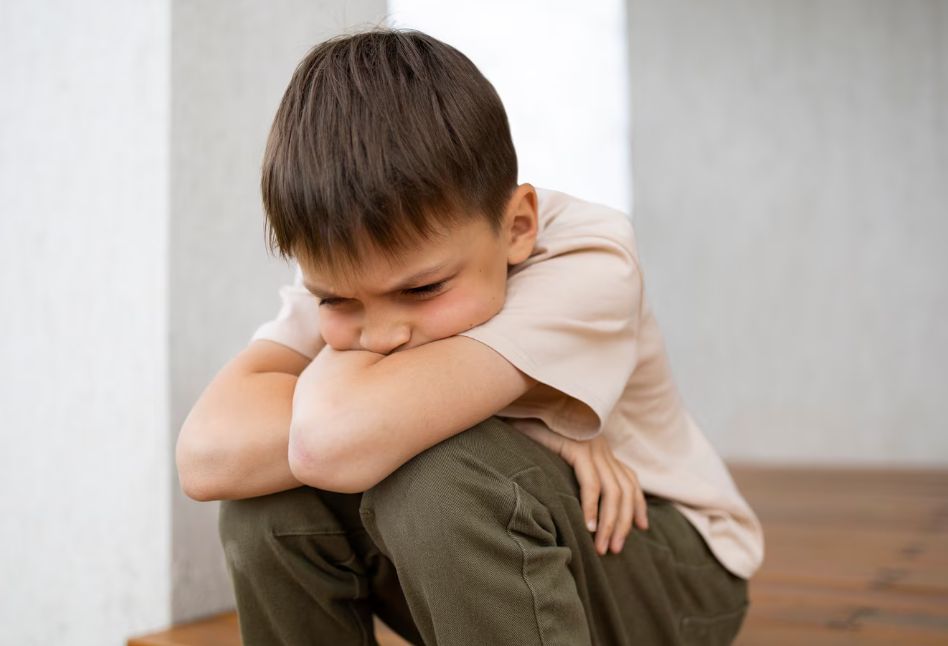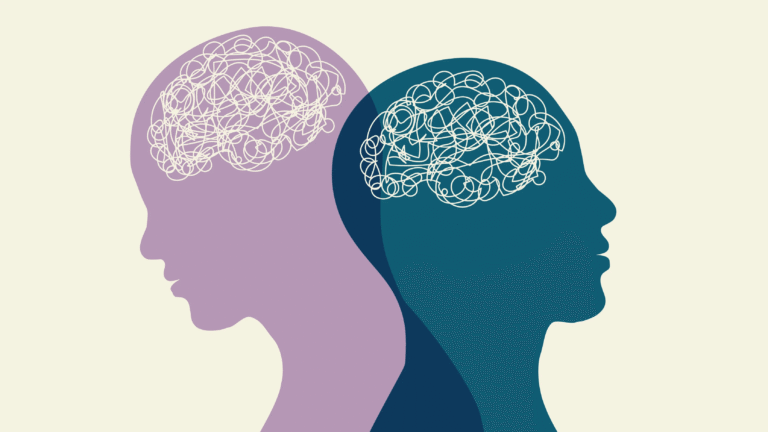As a parent, watching your child struggle emotionally or behaviorally can be one of the most challenging experiences you’ll face. You want to help, but sometimes the support your child needs goes beyond what you can provide at home. That’s where professional counseling comes in.
Mental health challenges in children are more common than many parents realize. Across the U.S., the average rate was 11.2 percent of children and adolescents who received treatment or counseling from a mental health professional in 2021.
Just like physical health, mental health exists on a spectrum. Children can experience everything from temporary adjustment difficulties to more serious mental health conditions. The good news is that early intervention through counseling can make a significant difference in helping children develop healthy coping skills and emotional resilience.
Signs Your Child Might Need Counseling
Many parents wonder how to distinguish between normal childhood struggles and situations that warrant professional help.
Here are key warning signs to watch for:
Behavioral Changes
One of the most common signs that your child may need counseling is if they are experiencing behavioral problems both inside and outside the home. You may find them more inclined to argue, complain, and become defensive, even over the most minor request or conversation. Look for sudden shifts in behavior that seem out of character for your child.
Emotional Struggles
Perhaps the most direct and evident of this list, excessive worrying and sadness are sure-tell signs that your child may need help beyond your reach. While they can be expected, especially during life transitions and changes, when these emotions become excessive and begin to consume your child and their thoughts, that is when you should take a closer look.
Social Withdrawal
If you notice your child withdrawing socially, this is also a sign to take a closer look at what is going on emotionally. When children are sad or anxious, they often withdraw from social situations and turn inward. This is particularly concerning if your child was previously social and outgoing.
Changes in Daily Habits
Similar to the shift in behavior, changes in your child’s day-to-day interests and habits can signal that your child may also need counseling. Most commonly, significant changes in eating, sleeping, and personal interests are easiest to spot and typically the most suggestive.
Academic Difficulties
When a child’s school performance suddenly declines or they begin expressing intense anxiety about academic tasks, this can indicate underlying emotional struggles that counseling can help address.
Regression in Development
Regressions are common when a new sibling is born, a divorce occurs, or other significant life changes occur in the home. While some regression is normal during transitions, persistent backwards steps in development may benefit from professional support.
The Counseling Process
Many parents have questions about what counseling actually looks like for children. The approach varies significantly depending on your child’s age and developmental stage.
For Young Children (Ages 3-7)
With younger kids, this means working with the whole family, drawing, playing, and talking. Play therapy is often the primary approach, as young children may not yet have the vocabulary to express complex emotions verbally.
For School-Age Children (Ages 8-12)
Therapists often use a combination of talk therapy, creative activities, and skill-building exercises. Children this age can begin to understand and practice specific coping strategies.
For Teenagers (Ages 13+)
For older kids and teens, therapists share activities and ideas that focus on learning the skills they need. They talk through feelings and solve problems. Traditional talk therapy becomes more effective as teens develop greater self-awareness and communication skills.
What to Expect from the Therapy Process
How long therapy lasts depends on the goals you and your child’s therapist have. Most of the time, a therapist will want to meet with your child once a week for a few months. However, the duration can vary based on your child’s specific needs and progress.
During therapy sessions, your child will:
Learn New Skills
Therapists help kids practice what they learn. They might play games where kids need to wait their turn, use self-control, be patient, follow directions, listen, share, try again, or deal with losing.
Process Emotions
Children learn healthy ways to identify, understand, and express their feelings in a safe, non-judgmental environment.
Develop Coping Strategies
Therapists teach practical tools for managing stress, anxiety, anger, and other challenging emotions.
Build Self-Confidence
Therapists give praise and support as kids learn. They help kids believe in themselves and find their strengths.
Benefits of Early Intervention
Seeking counseling for your child early can have lasting positive effects. Children who receive appropriate mental health support often:
- Develop stronger emotional regulation skills
- Build better relationships with family and peers
- Perform better academically
- Show increased self-confidence and resilience
- Learn healthy coping strategies they can use throughout life
For families interested in flexible counseling options, online school counseling programs can provide valuable support. These programs train professionals to work specifically with children and adolescents in educational settings, offering another avenue for accessing mental health services.
Recognizing that your child might benefit from counseling takes courage, and seeking help shows tremendous love and support for your child’s well-being. Remember that mental health challenges are treatable, and with the right support, children can learn to thrive emotionally and socially.
Therapy often requires work outside of the therapy room, and with children in therapy, the work is often family-focused. By being an active participant in your child’s treatment and maintaining open communication with their therapist, you’re giving your child the best possible chance for positive outcomes.
Every child is unique, and what works for one may not work for another. Trust the process, be patient with progress, and remember that seeking professional help is a sign of strength, not weakness. With proper support, your child can develop the tools they need to navigate life’s challenges with confidence and resilience.














